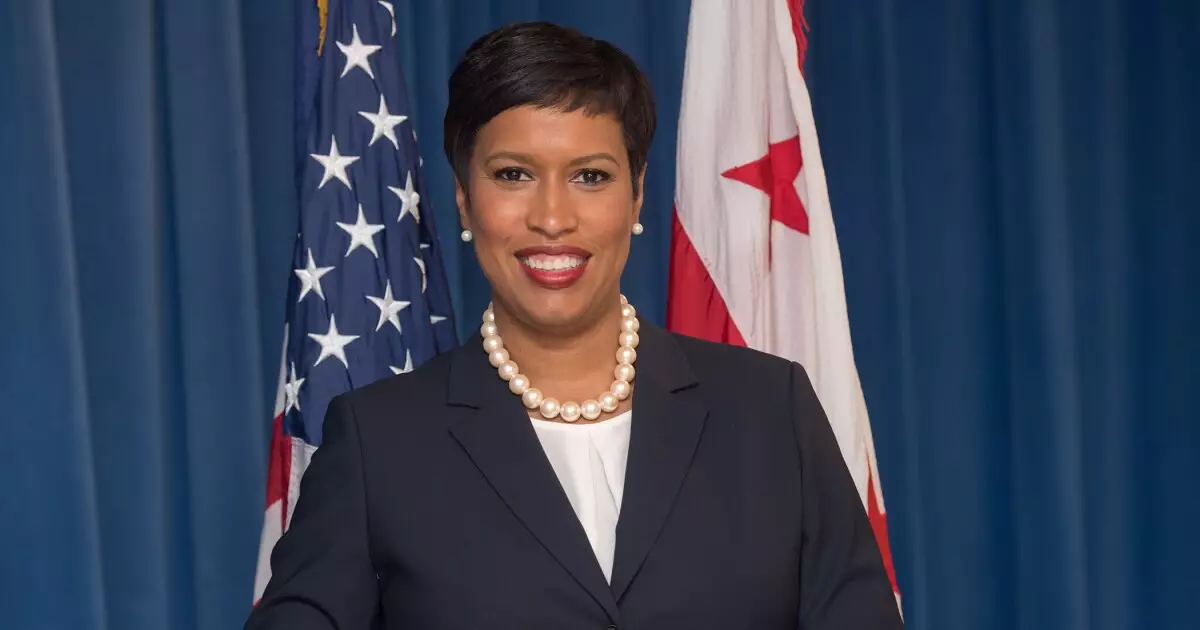The transfer of ownership of the RFK stadium site from the federal government to the District of Columbia seems to be at a standstill, with various roadblocks preventing any progress. The focus on the upcoming election has left this crucial deal stuck just two yards in front of the goal line. The managing partner of the Washington Commanders, Josh Harris, highlights the challenge of pushing this deal through amidst the political distractions, indicating that it may not happen before the election.
The Washington Commanders, currently playing their home games in Landover, Maryland, are eager to return to Washington or have another viable option besides their current site. This desire for a new venue is evident in the recent naming rights deal that rechristened the Landover stadium as Northwest Stadium. However, the Commanders’ roots at RFK stadium from 1961 to 1996 show their strong connection to Washington, making a return to the city limits highly desirable.
While there is bipartisan support in Congress for the transfer of the RFK stadium site to D.C., the legislative process has hit a roadblock in the Senate since May. The “D.C. Robert F. Kennedy Memorial Stadium Campus Revitalization Act” passed through the House but now faces challenges in moving forward. D.C.’s redevelopment plan for the site, including commercial and residential elements, adds complexity to the transfer process due to existing lease restrictions.
The District’s history of navigating political challenges in sports infrastructure development is evident in past conflicts, such as the tussle with Virginia’s governor over relocating the NBA’s Wizards and NHL’s Capitals. This resistance underscores the intricacies of political decision-making in sports venue development. The District’s proactive measures in offering improvements to the Capitol One Arena demonstrate a commitment to retaining sports teams and investing in venue infrastructure.
The District’s use of public finance to build and maintain arenas and stadiums, as seen in attracting the Washington Nationals in 2005, reflects a strategic approach to sports development. The issuance of bonds for building a new stadium in 2008 highlights the financial commitment required for such projects. However, the need for balancing financial investments with public interests remains a critical aspect of sports infrastructure development.
As the RFK stadium site deal remains in political limbo, the future of the Washington Commanders’ potential return to Washington hangs in the balance. The emotional attachment to RFK stadium, combined with the logistical benefits of a centrally located site, adds complexity to the decision-making process. Ultimately, navigating the political landscape and financial considerations will be key in determining the success of the RFK stadium site transfer and potential venue development for the Washington Commanders.

